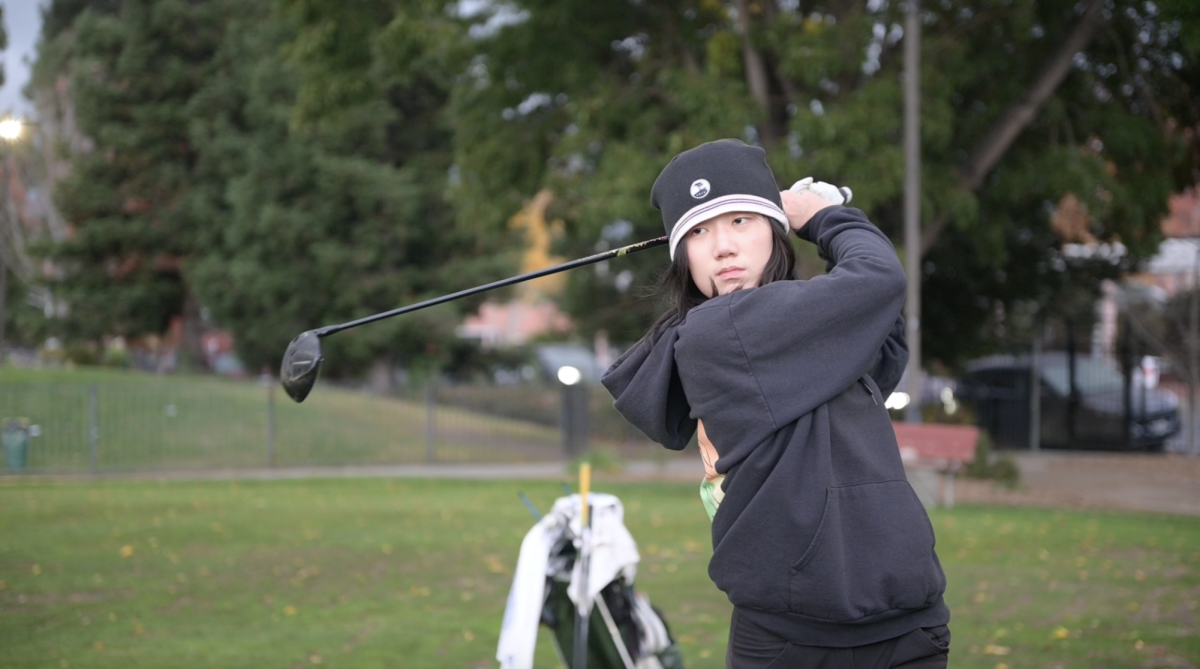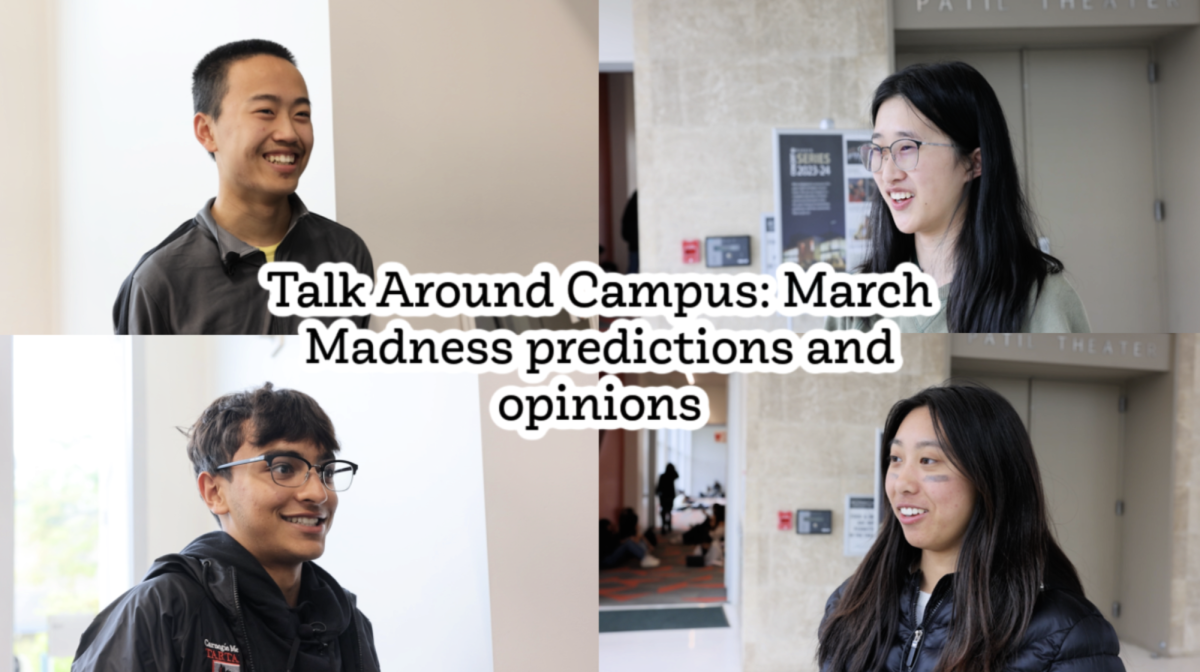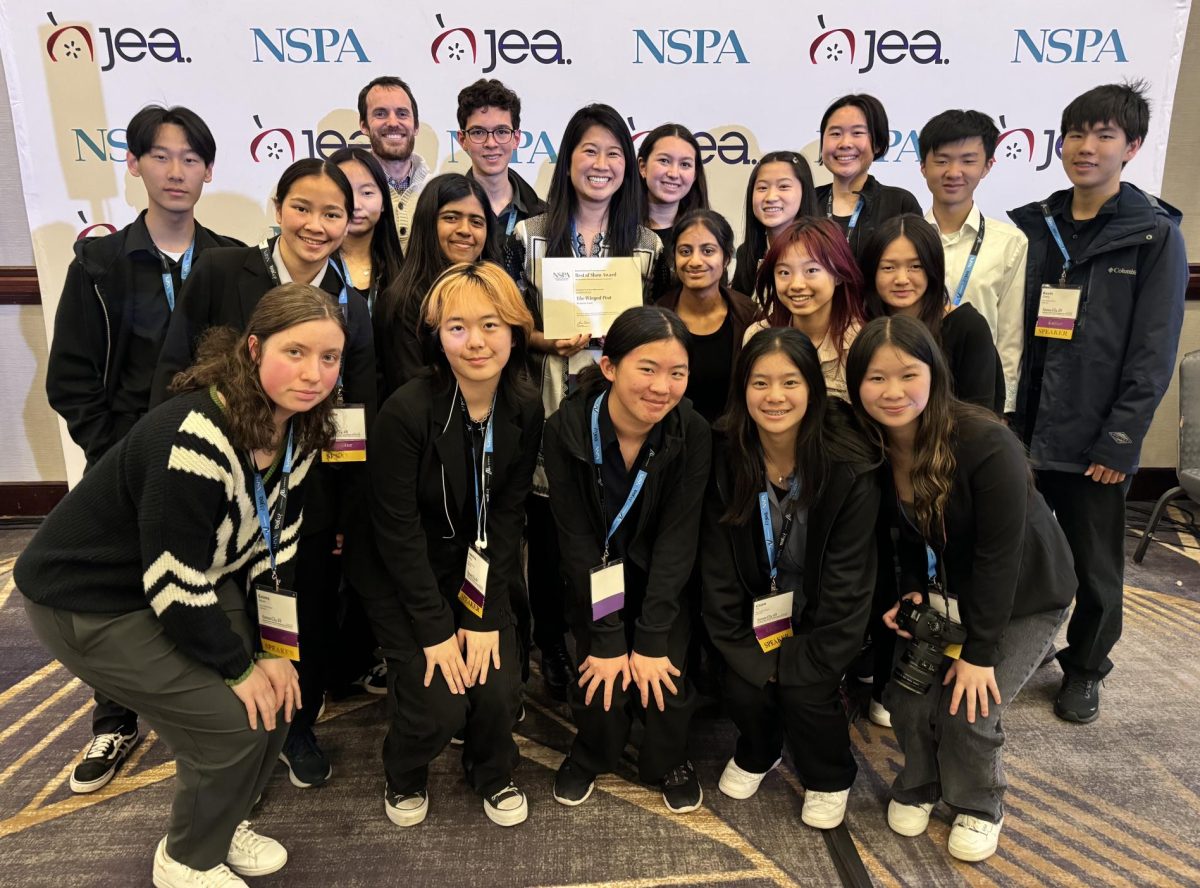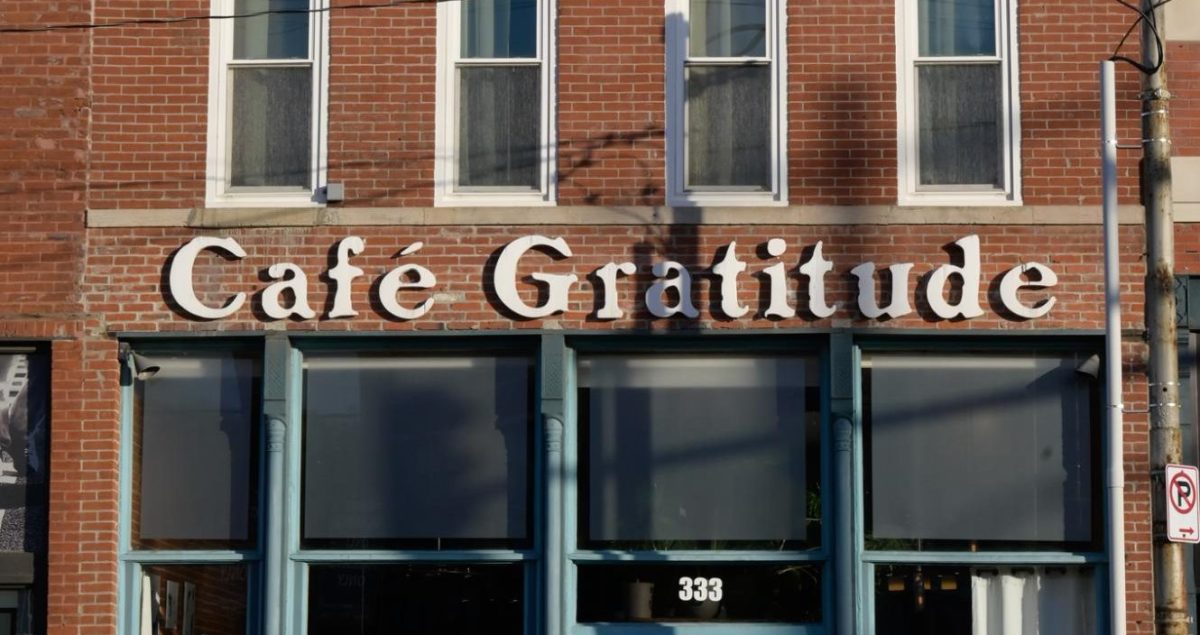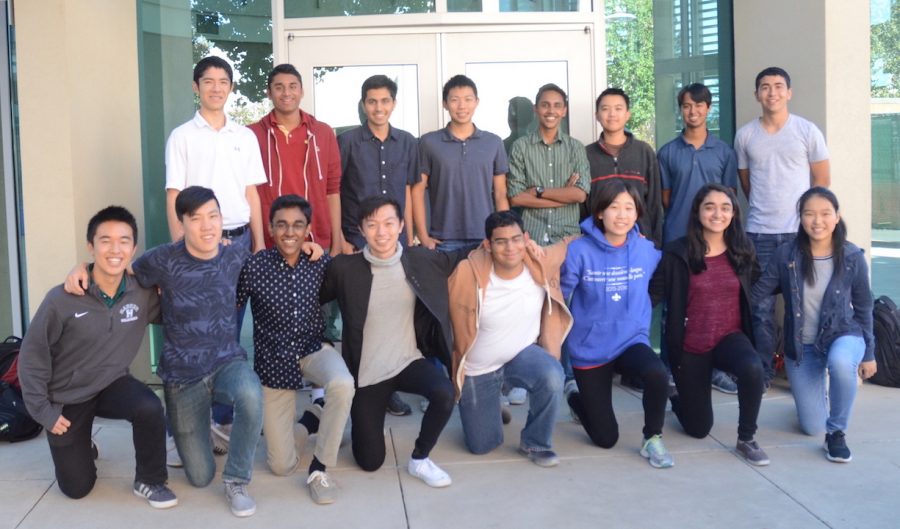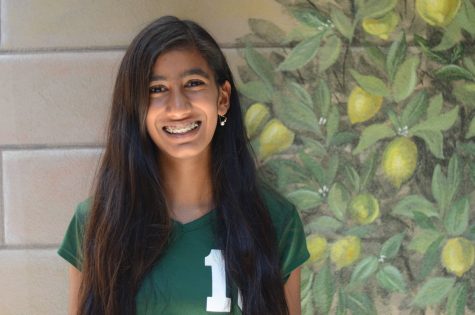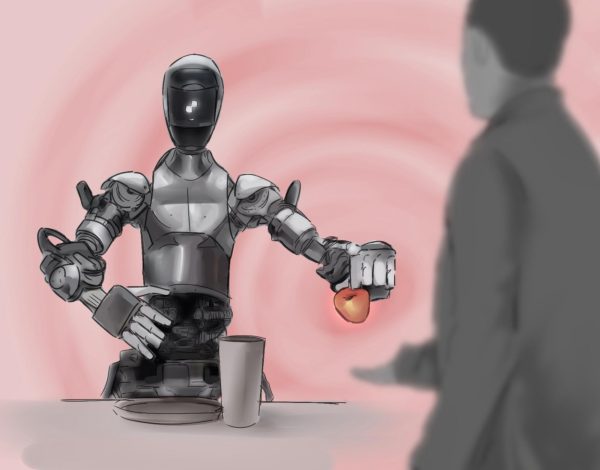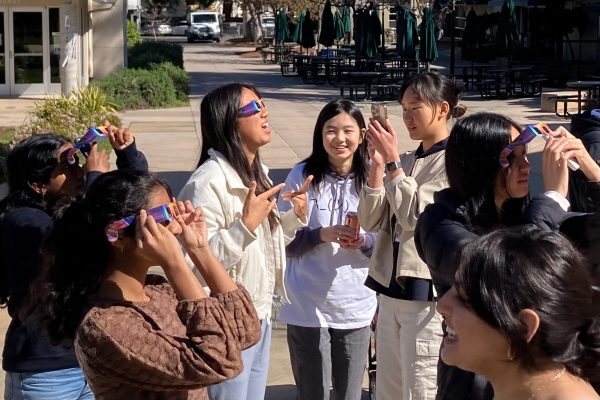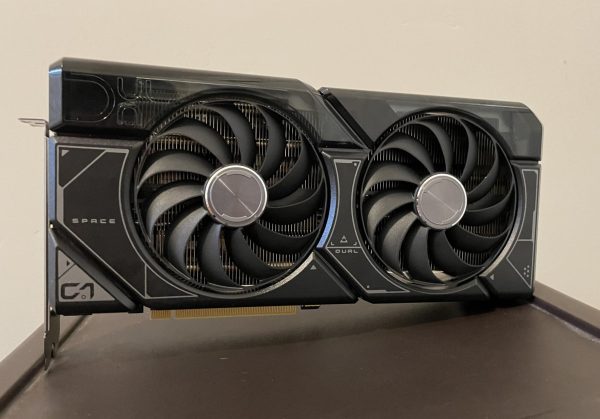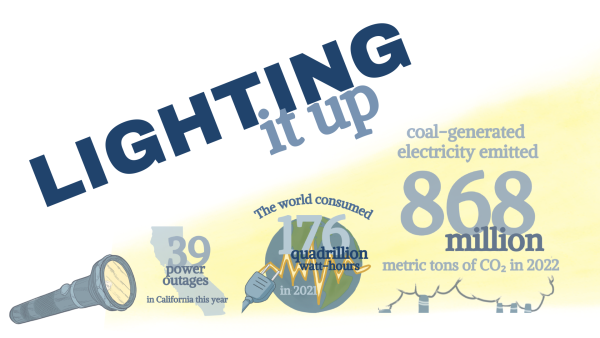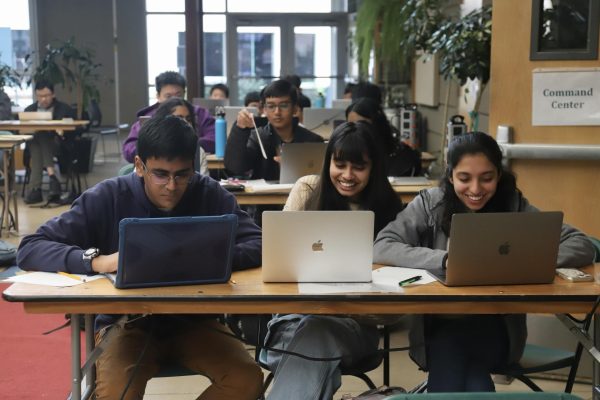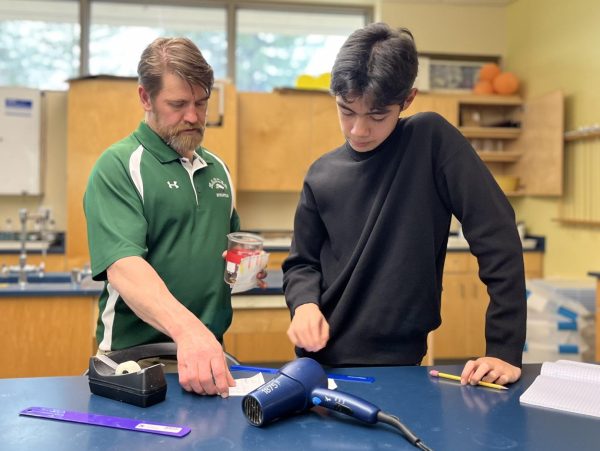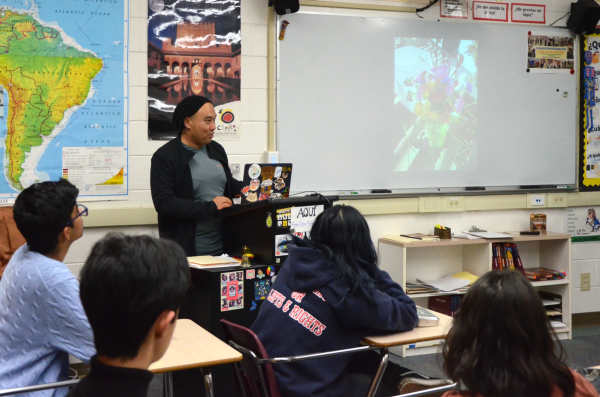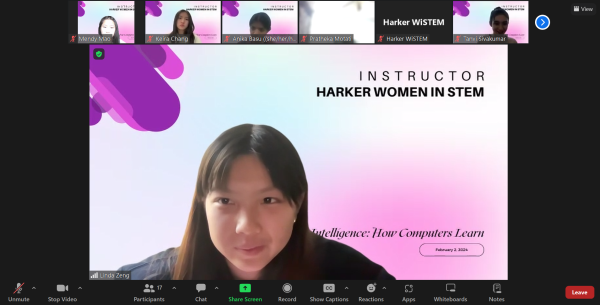Finalists and semifinalists named in Siemens Competition
November 18, 2016
Nineteen upper school students were named semifinalists for the Siemens Competition on Oct. 18. Additionally, Manan Shah (12) and partners Rajiv Movva (11) and Randy Zhao (11) were named regional finalists of this year’s Siemens Competition on Oct. 19.
The Siemens Competition is one of the nation’s most prominent research competitions for high school students. Students submit research papers to the competition based on their independent research findings. This year, of 1,600 research projects submitted, judges selected 498 semi-finalists, and of the semi-finalists, 96 became regional finalists.
Regional finalists are each awarded $1,000 in recognition of their achievements and the winners will progress to the national level.
Students participating in the competition conducted research in the science, technology, engineering and mathematics (STEM) fields, either working with partners or individually. Participants submitted research papers to the competition on Sept. 20. These papers were then judged by a panel of scientists, and the top 300 projects were selected to be semifinalists.
Many students participating in the competition conducted their research in labs over the summer before starting their papers at the beginning of the school year.
In addition to receiving guidance from mentors at labs, students also received help from faculty mentors provided by the upper school science department.
Rajiv, Randy and Manan presented their projects online to judges at the California Institute of Technology on Saturday, and the regional winners who will compete on the national level will be chosen today. The national competition will take place in Washington D.C. from Dec. 2-6.
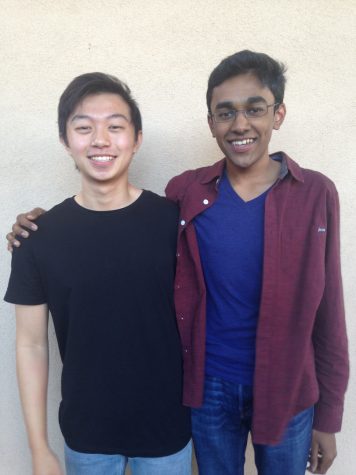
Partners Rajiv Movva (11) and Randy Zhao (11) pose together. Rajiv and Randy were named regional finalists for their work in treating cancer with drugs.
Rajiv Movva and Randy Zhao
Partners Rajiv and Randy were named regional finalists in the 2016 Siemens Competition for their research on the effectiveness of combinations of cancer drugs on cancer patients.
The project is centered around discovering how some drugs can better treat cancer when combined. Randy believes that when identifying such combinations, it is important to determine whether or not they are safe.
“The problem is determining synergistic drugs is that sometimes they might be harmful,” Randy said. “But one day, I think identifying synergistic drug pairs will lead to further research so we can better understand cancer.”
Our generalized framework has a capability of identifying cancer drugs that might work better when they’re used together for a variety of cancers.
— Rajiv Movva (11)
Because their project focuses on cancer as a whole rather than investigating a single specific form of cancer, their research can help develop treatments for more patients.
“Our generalized framework has a capability of identifying cancer drugs that might work better when they’re used together for a variety of cancers,” Rajiv said. “This sort of general approach makes the implications of our work very widespread.”
All of their experiments were run in silico, so acquiring reliable data proved to be one of their most challenging issues.
“Time-consistent sources of data that are easy to work with are very important in any sort of computational project, so we spent a lot of time optimizing that,” Rajiv said.
They conducted the research project with the aim of participating in the search for more effective cancer treatments as members of the scientific community.
“Cancer is a really prevalent issue in today’s society, and there’s a lot of different ways we can utilize technology to gain better understanding of these big issues,” Randy said. “Cancer in general is a very complicated problem that we have to work better in and take little steps to be able to fully understand.”
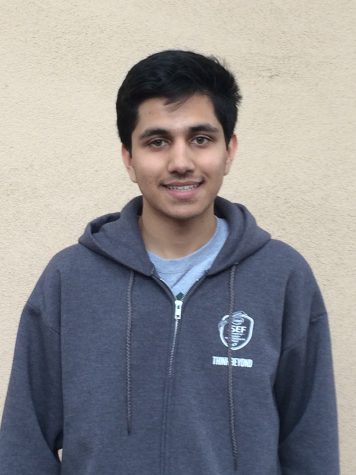
Manan Shah (12) poses for a picture. Manan was named a national finalist for the Siemens Competition.
Manan Shah
Manan was named a regional finalist in the 2016 Siemens Competition for his research on using a computational system to analyze breast cancer tumor images.
The computational methods that he developed tell how serious a breast cancer tumor is based on a picture of the tissue. For Manan, the greatest challenge was editing those methods.
“There are multiple different challenging components all which revolve around implementing different systems,” Manan said. “In general, the methods that I employed took multiple days to train, so any single mistake could propagate over multiple weeks. I had to make sure that every single system was working properly before I submitted the jobs to run because they could take a while to fix if they were not working.”
Harker has been really great at promoting a research environment, a research spirit and especially an investigative mindset.
— Manan Shah (12)
Manan chose his topic in hopes of improving the current process.
“[The pathologists’ method] is inefficient and produces inaccurate results 25 percent of the time,” Manan said. “The method I developed could be able to assess each tumor in less than a second and produce results at the level of pathologists, and it also provides better diagnoses in terms of identifying the molecular expressions and the different genes that are related to breast cancer prognosis.”
Manan’s could possibly help screening procedures by removing the groups of people that are seen not to have breast cancer and also provide information to how the tumors grow and new path for further research.
In Manan’s eyes, his environment played a key role in motivating him and facilitating his research.
“Ever since seventh grade, I have been working with science competitions and research, and Harker has been really great at promoting a research environment, a research spirit and especially an investigative mindset,” Manan said. “Harker has been pretty nurturing in terms of providing me with avenues for further research.”
This piece was originally published in the pages of the Winged Post on November 16, 2016.































![Setter Emma Lee (9) sets the ball to the middle during the match against Pinewood on Sept. 12. “[I’m looking forward to] getting more skilled, learning more about my position and also becoming better friends with all of my teammates, Emma said.](https://harkeraquila.com/wp-content/uploads/2023/09/DSC_4917-2-1200x795.jpg)













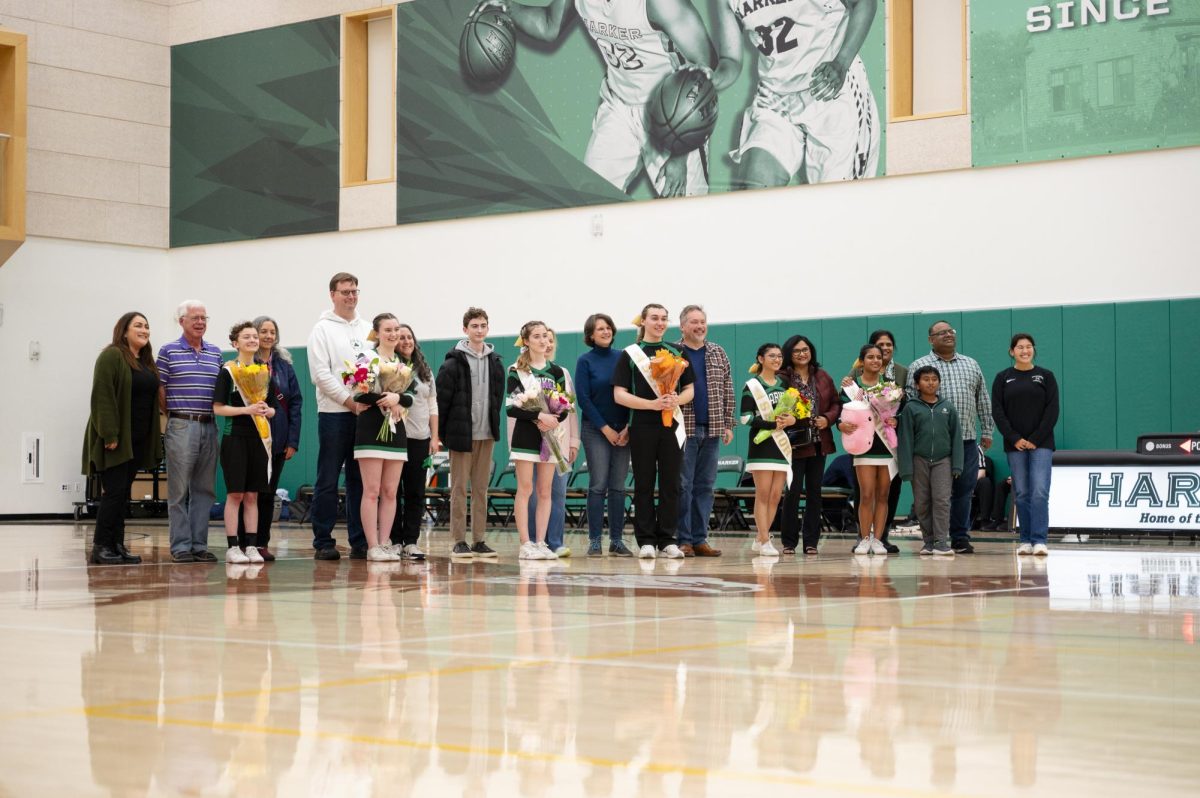


















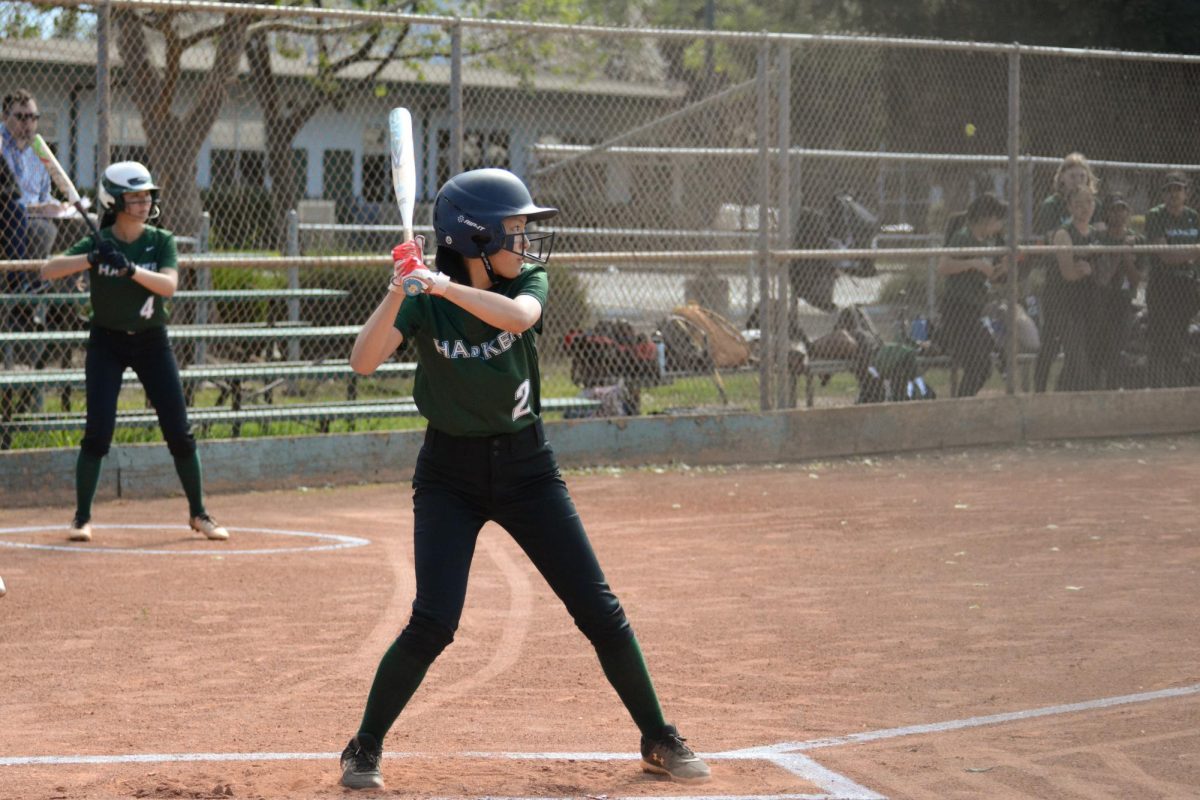
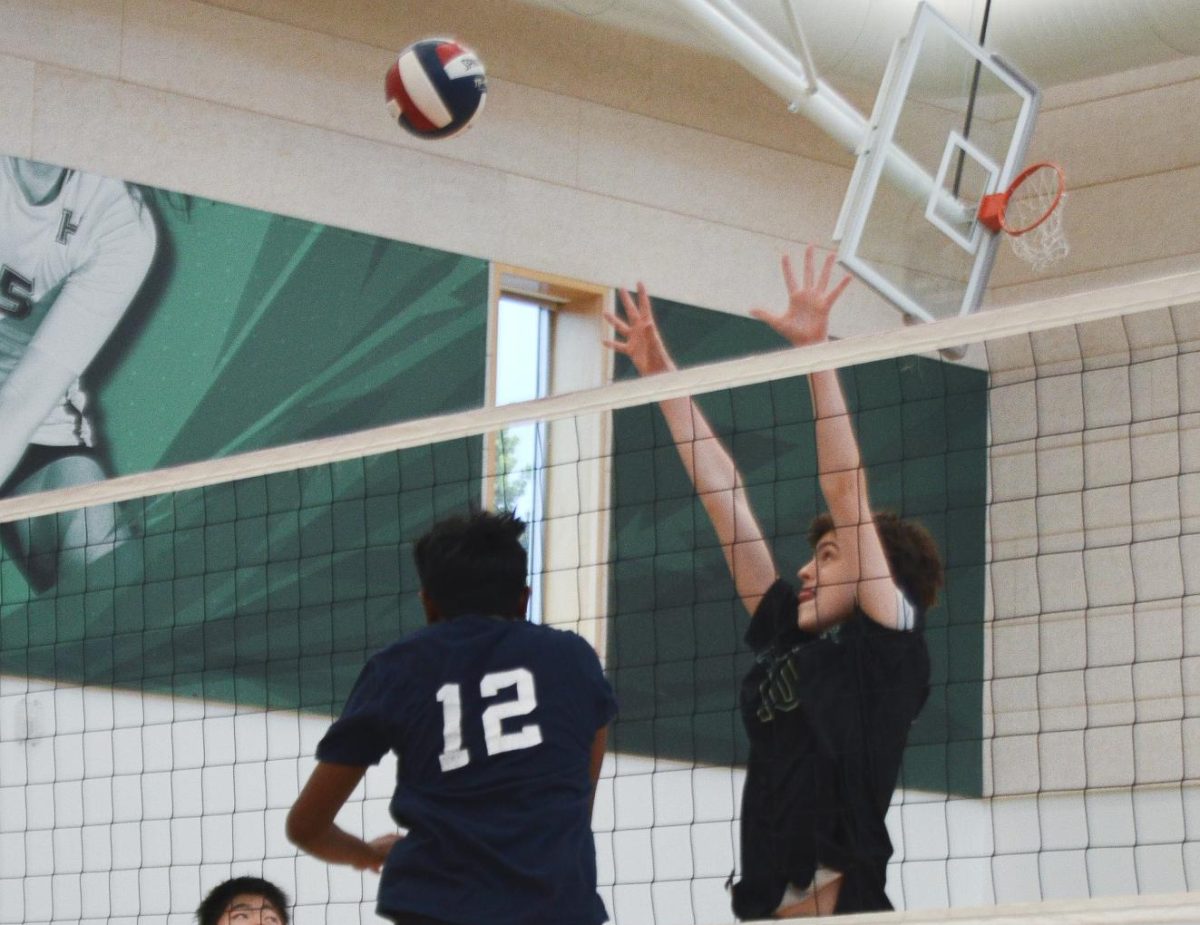
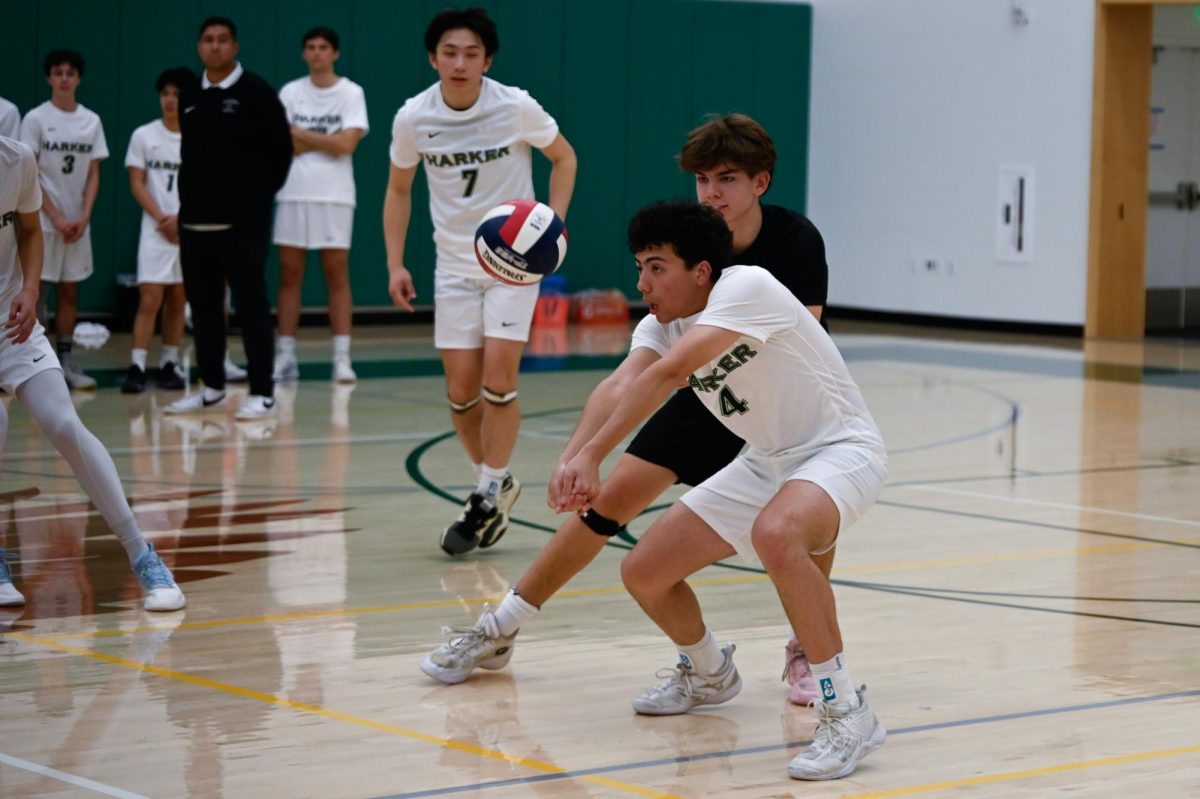
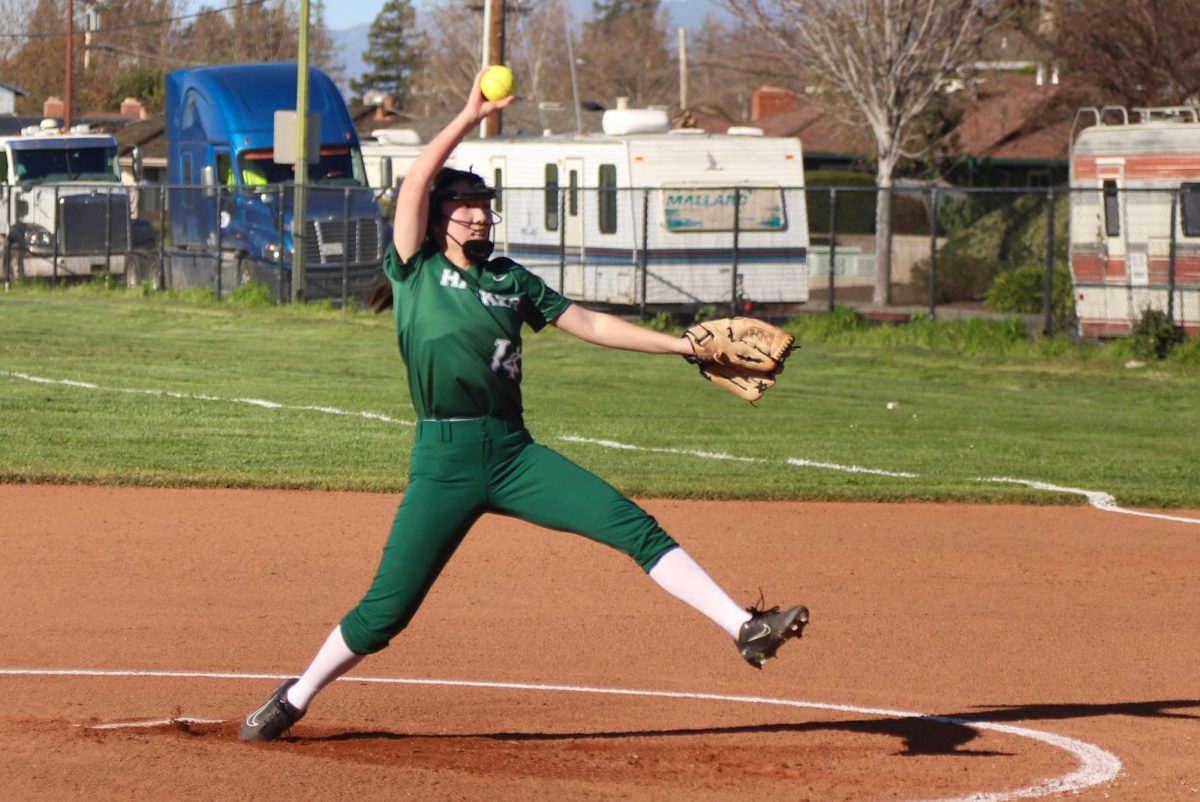



























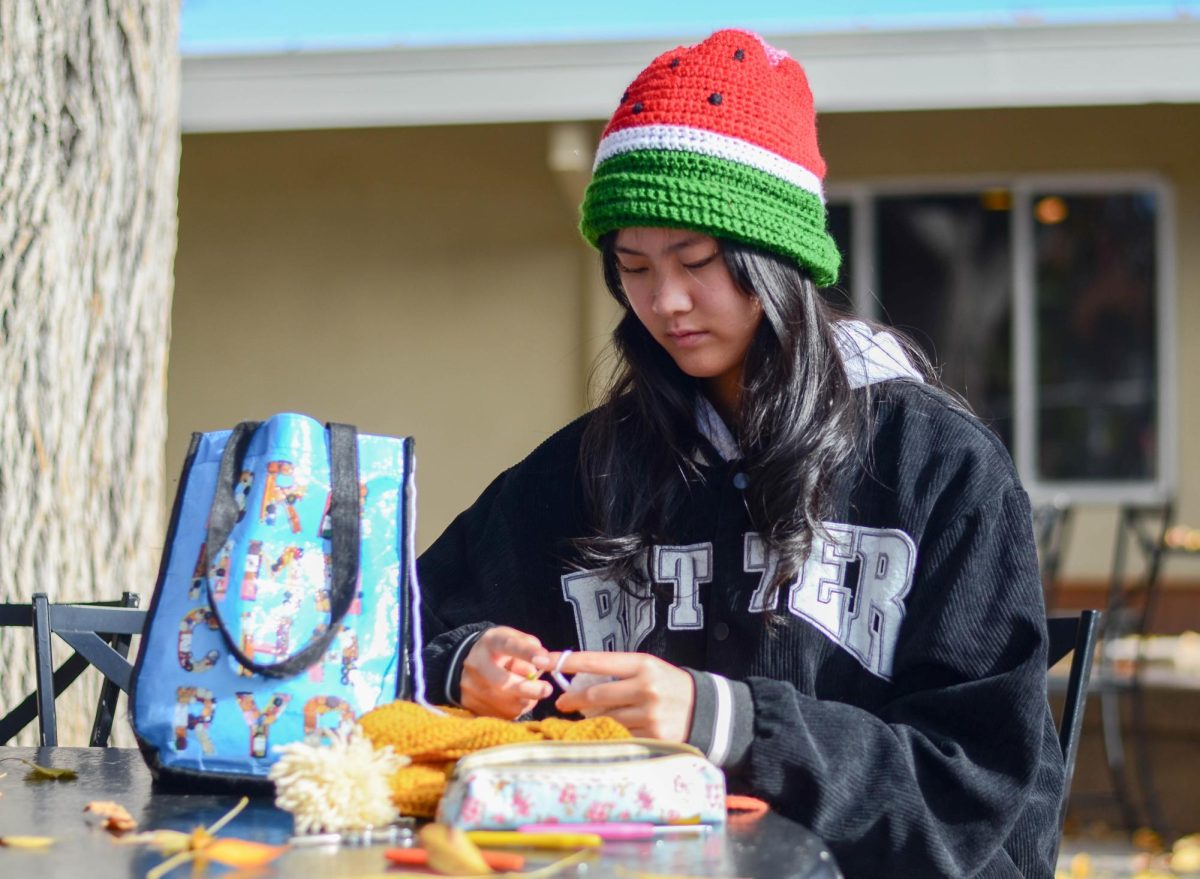
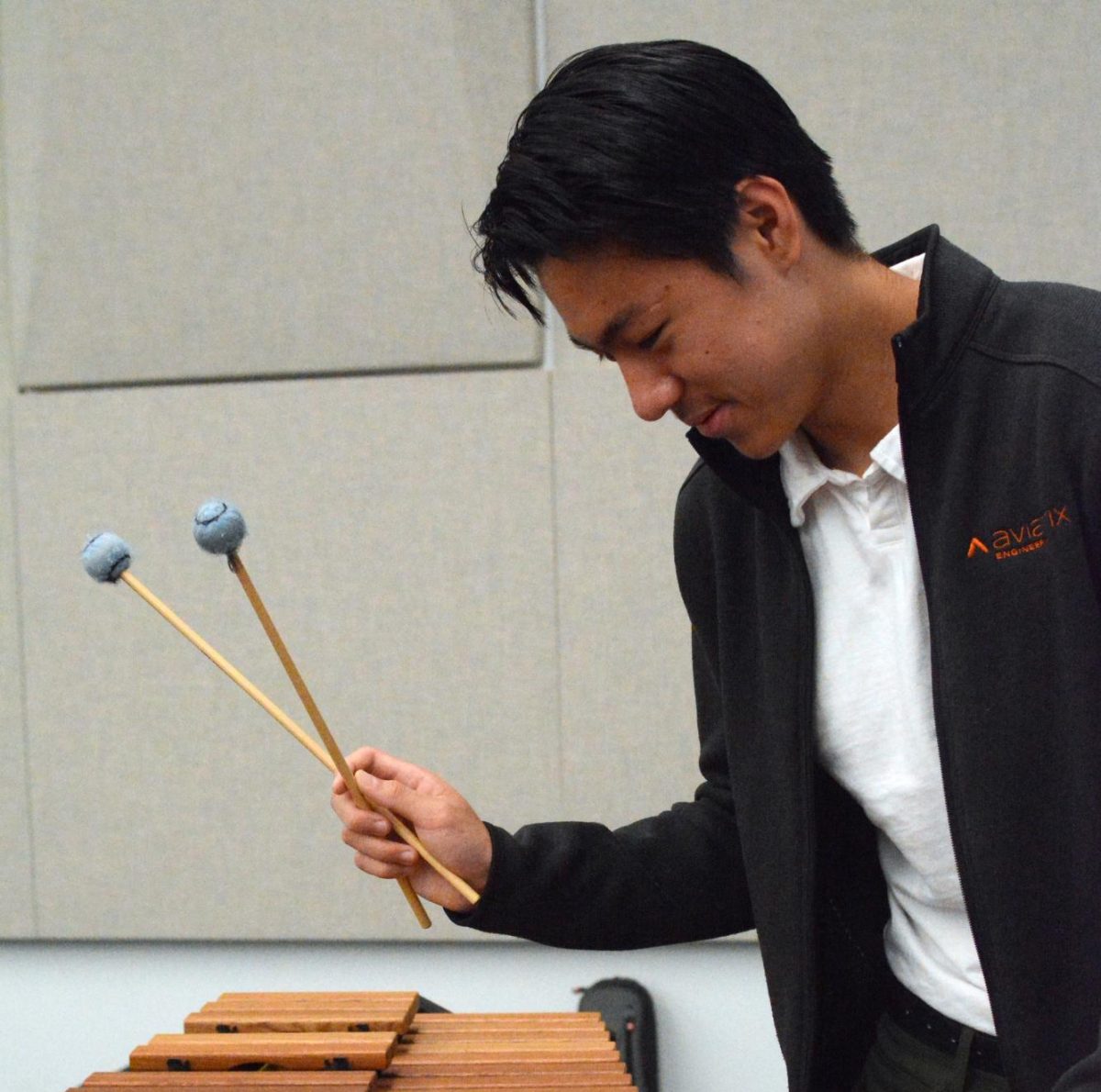
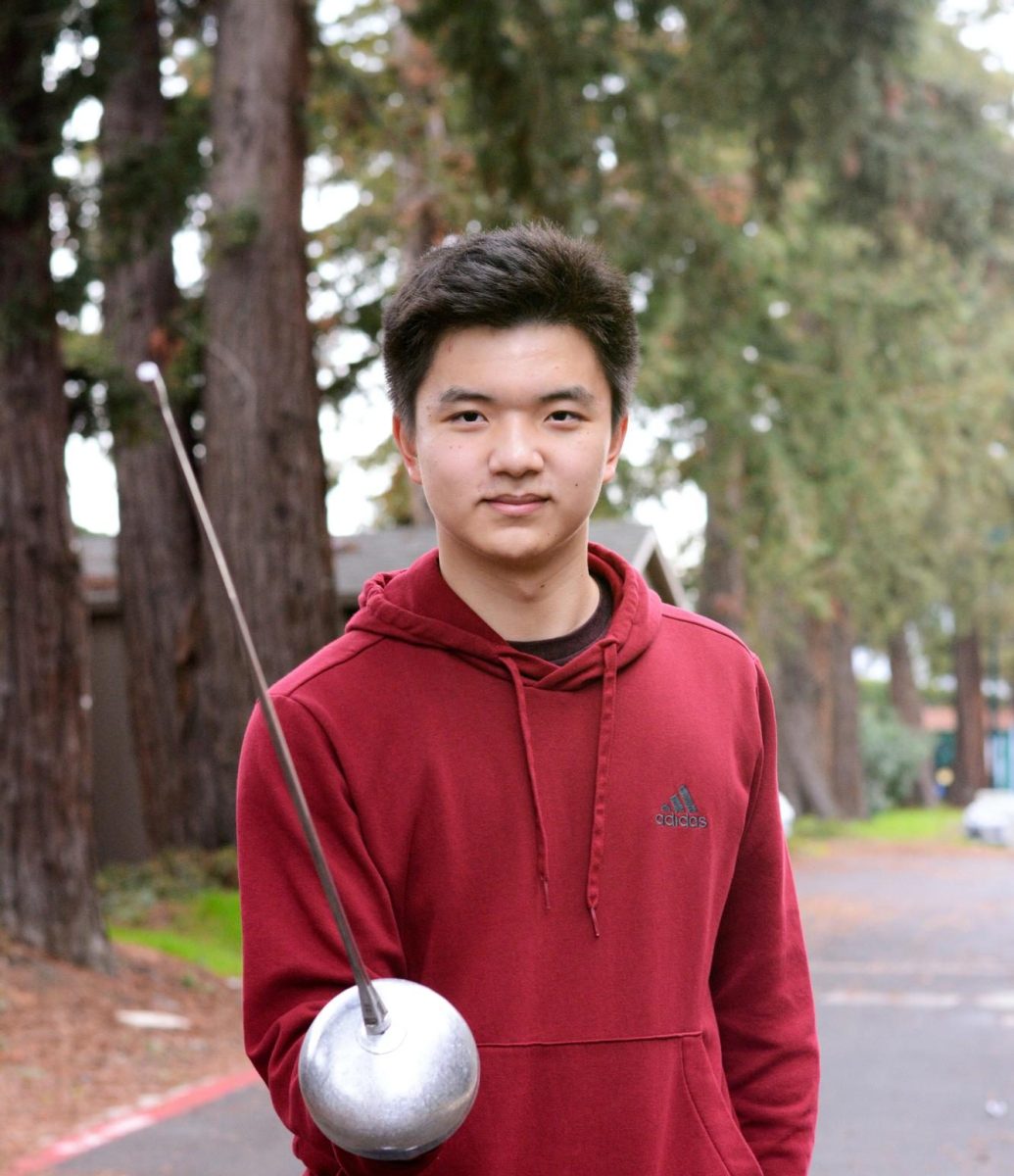
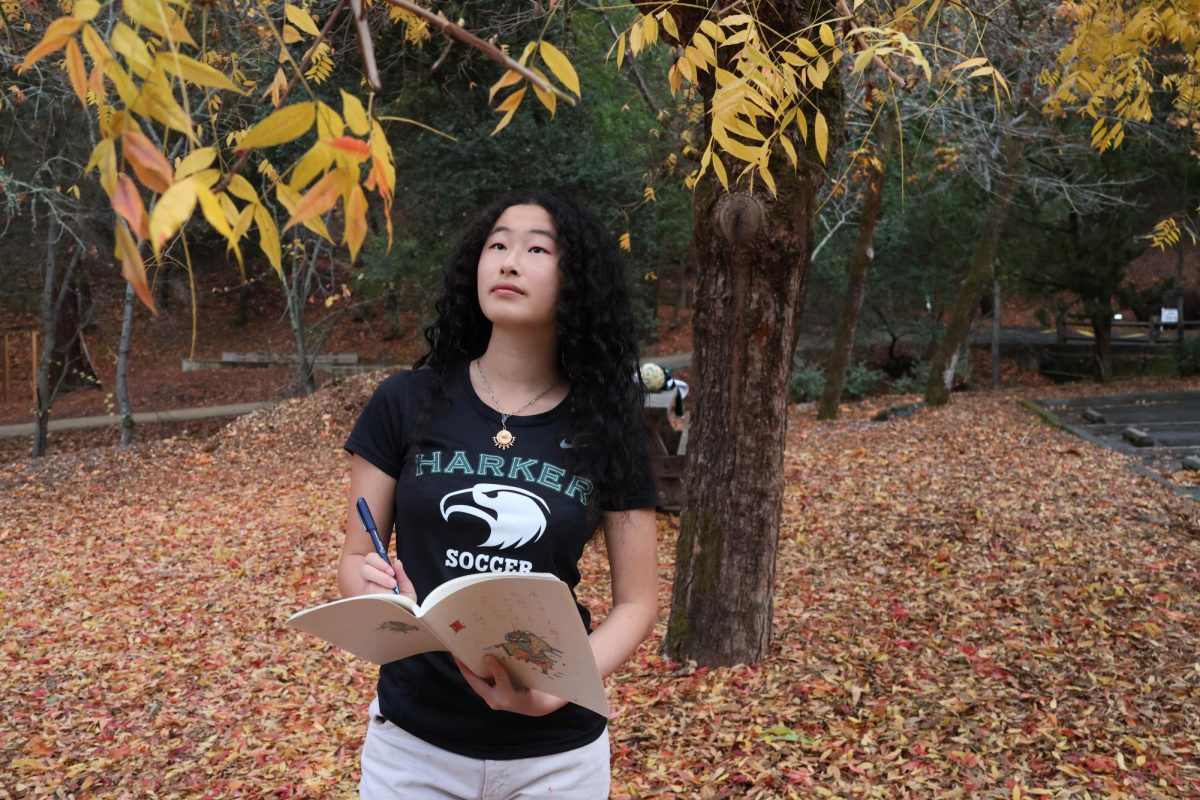
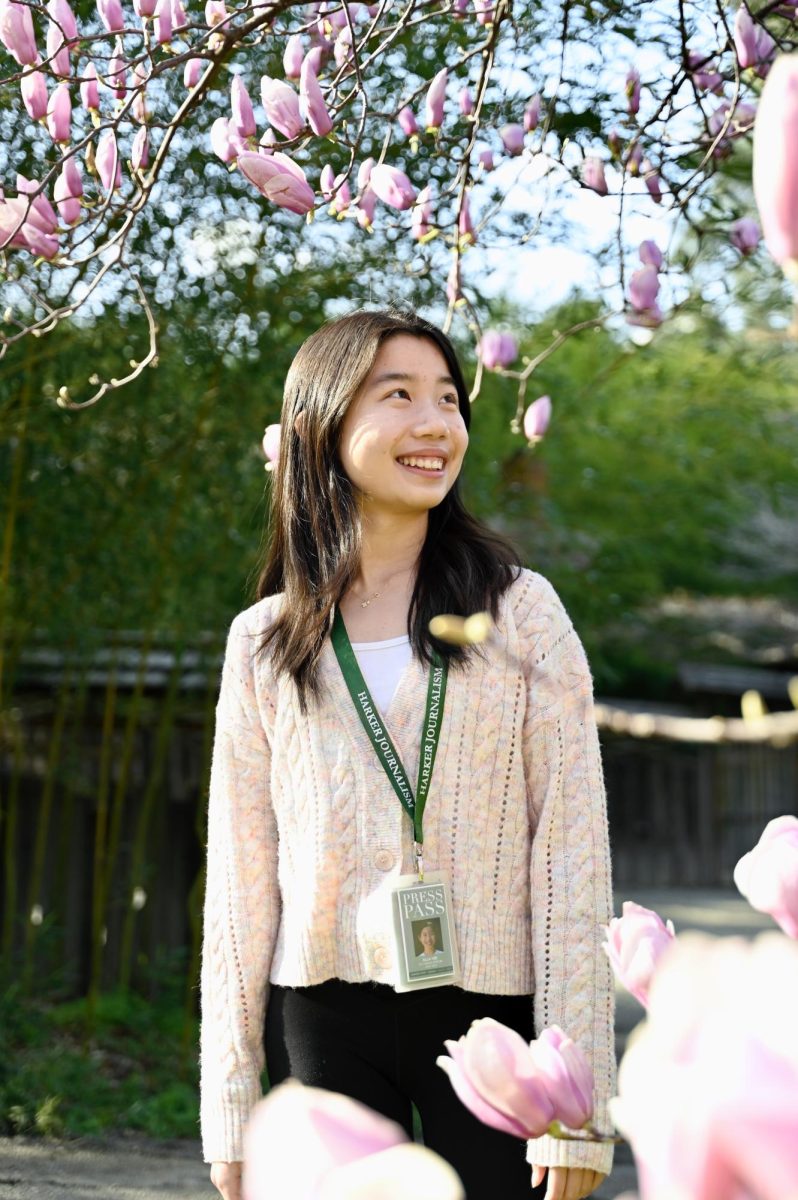
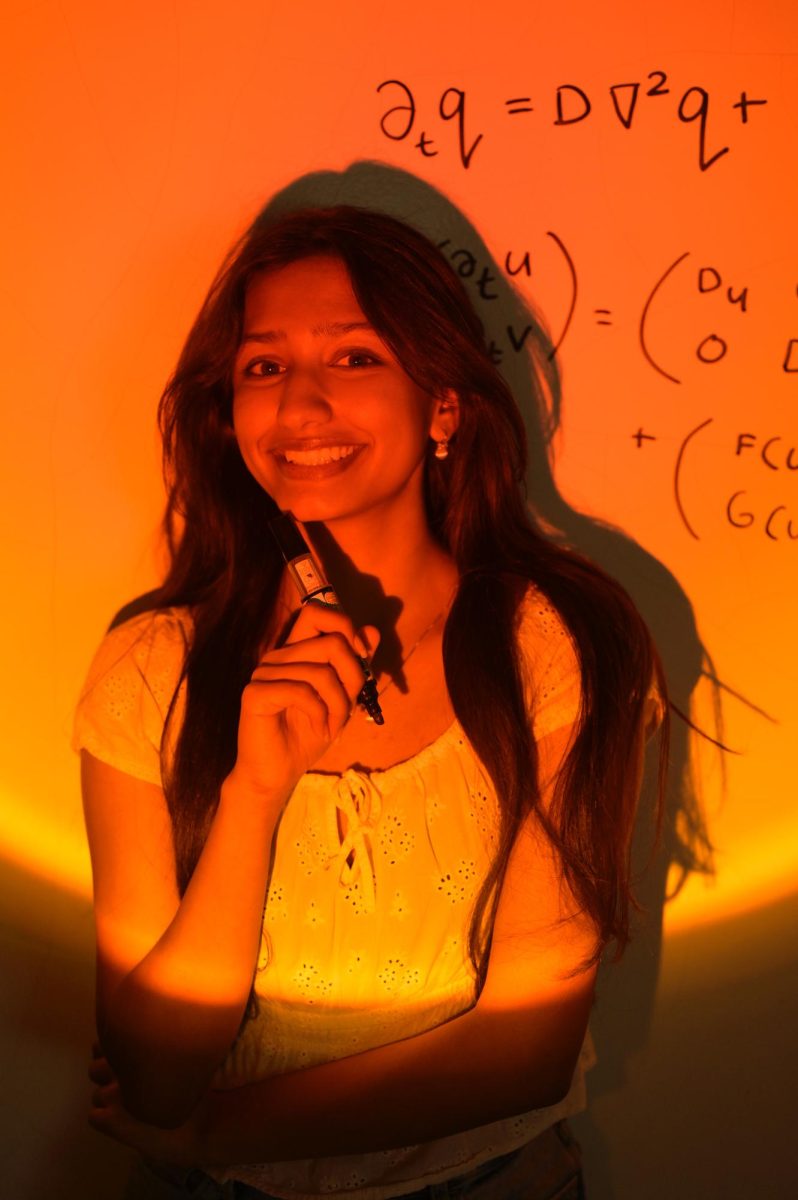








![“[Building nerf blasters] became this outlet of creativity for me that hasnt been matched by anything else. The process [of] making a build complete to your desire is such a painstakingly difficult process, but Ive had to learn from [the skills needed from] soldering to proper painting. Theres so many different options for everything, if you think about it, it exists. The best part is [that] if it doesnt exist, you can build it yourself, Ishaan Parate said.](https://harkeraquila.com/wp-content/uploads/2022/08/DSC_8149-900x604.jpg)


![“Animation just clicked in a way. I had been interested in art, but that felt different. [Animation] felt like it had something behind it, whereas previous things felt surface level. I wasnt making that crazy of things, but just the process of doing it was much more enjoyable, Carter Chadwick (22) said.](https://harkeraquila.com/wp-content/uploads/2022/08/Screen-Shot-2022-08-16-at-9.44.08-AM-900x598.png)


![“When I came into high school, I was ready to be a follower. But DECA was a game changer for me. It helped me overcome my fear of public speaking, and its played such a major role in who Ive become today. To be able to successfully lead a chapter of 150 students, an officer team and be one of the upperclassmen I once really admired is something Im [really] proud of,” Anvitha Tummala (21) said.](https://harkeraquila.com/wp-content/uploads/2021/07/Screen-Shot-2021-07-25-at-9.50.05-AM-900x594.png)



![“[Volleyball has] taught me how to fall correctly, and another thing it taught is that you don’t have to be the best at something to be good at it. If you just hit the ball in a smart way, then it still scores points and you’re good at it. You could be a background player and still make a much bigger impact on the team than you would think,” Anya Gert (’20) said.](https://harkeraquila.com/wp-content/uploads/2020/06/AnnaGert_JinTuan_HoHPhotoEdited-600x900.jpeg)

![“Im not nearly there yet, but [my confidence has] definitely been getting better since I was pretty shy and timid coming into Harker my freshman year. I know that theres a lot of people that are really confident in what they do, and I really admire them. Everyones so driven and that has really pushed me to kind of try to find my own place in high school and be more confident,” Alyssa Huang (’20) said.](https://harkeraquila.com/wp-content/uploads/2020/06/AlyssaHuang_EmilyChen_HoHPhoto-900x749.jpeg)













![“My slogan is ‘slow feet, don’t eat, and I’m hungry.’ You need to run fast to get where you are–you arent going to get those championships if you arent fast,” Angel Cervantes (12) said. “I want to do well in school on my tests and in track and win championships for my team. I live by that, [and] I can do that anywhere: in the classroom or on the field.”](https://harkeraquila.com/wp-content/uploads/2018/06/DSC5146-900x601.jpg)

![“I think getting up in the morning and having a sense of purpose [is exciting]. I think without a certain amount of drive, life is kind of obsolete and mundane, and I think having that every single day is what makes each day unique and kind of makes life exciting,” Neymika Jain (12) said.](https://harkeraquila.com/wp-content/uploads/2017/06/Screen-Shot-2017-06-03-at-4.54.16-PM.png)






